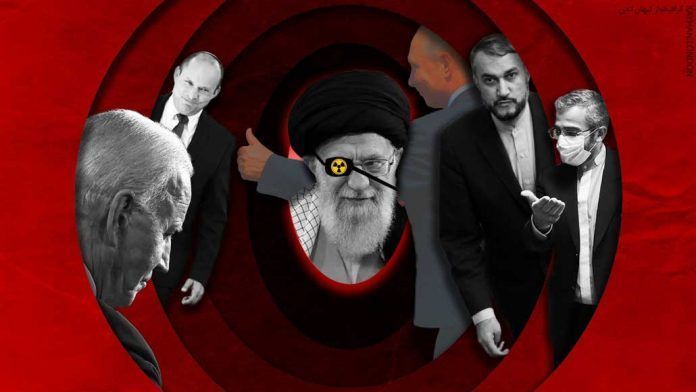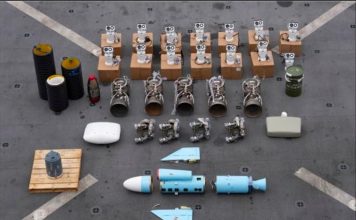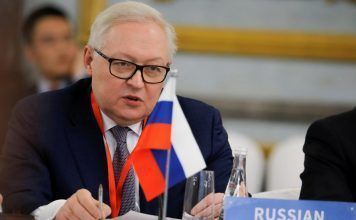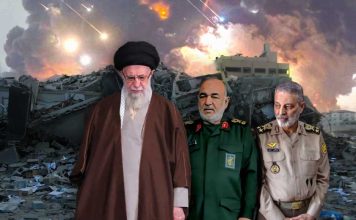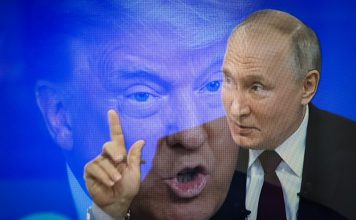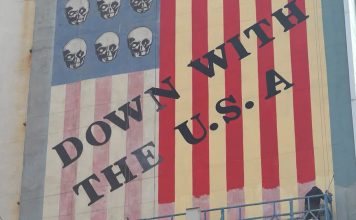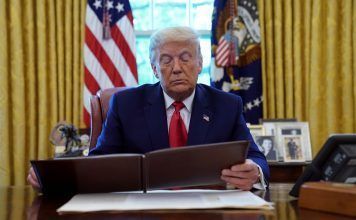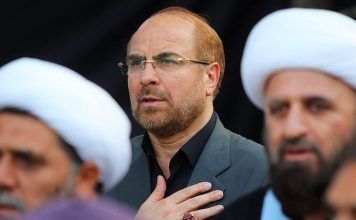By Francois Murphy
VIENNA, March 6 (Reuters) – Iran‘s concessions to U.N. nuclear watchdog chief Rafael Grossi during his visit to Tehran this weekend depend to a large extent on future negotiations, Grossi conceded on Monday, walking back some comments he made upon his return.
Two days before a quarterly meeting of the International Atomic Energy Agency’s 35-nation Board of Governors, the IAEA and Iran said they had agreed to make progress on various issues, including a long-stalled IAEA inquiry into uranium particles found at three undeclared sites in Iran.
Grossi told a news conference on Saturday they had agreed to re-install all extra monitoring equipment, such as surveillance cameras, at nuclear sites that was put in place under Iran‘s 2015 nuclear deal with major powers, but then removed last year as the deal unravelled following the U.S. withdrawal in 2018.
Netanyahu Rebuffs IAEA Chief’s Remarks Against Possible Attack on Iran
“We will have to discuss…this, how do we do it,” Grossi told a news conference on Monday, conceding that this and other issues would largely hinge on future technical talks.
“We have our ideas and this will be part of the technical discussions that are going to be undertaken as a follow-up to my visit, and to the joint statement. And a technical team will be travelling to Iran very soon to do that,” he added.
The announcement of apparent progress in a joint statement on Saturday that went into little detail appears to have been enough to stave off a Western push for another resolution like one passed at the last quarterly board meeting ordering Iran to cooperate with the investigation into the uranium traces.
The Islamic Republic usually bristles at such resolutions and has in the past responded by accelerating the very nuclear activities that the 2015 deal was designed to rein in.
“Why don’t you let us do our job? Unless you want to join us as an inspector, which could be interesting. We know how to do these things,” Grossi said when pressed on how much Iran had firmly committed to and how much relied on future negotiations.
“I believe that there is a good opportunity. I cannot guarantee, of course. When people say these were (only) promises: well, first, it’s not (only) promises. We do have certain agreements which are concrete. And at the same time I need to do my job and never give up.”
(Reporting by Francois MurphyEditing by Mark Heinrich)

